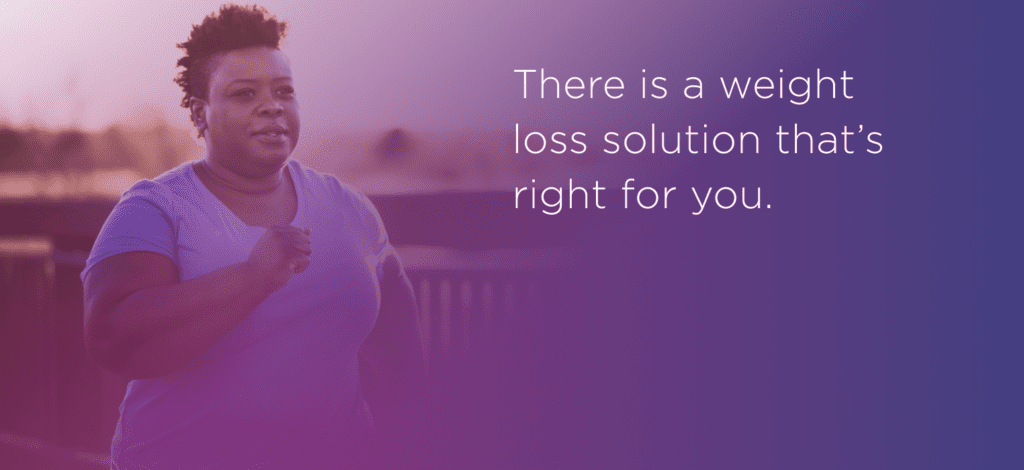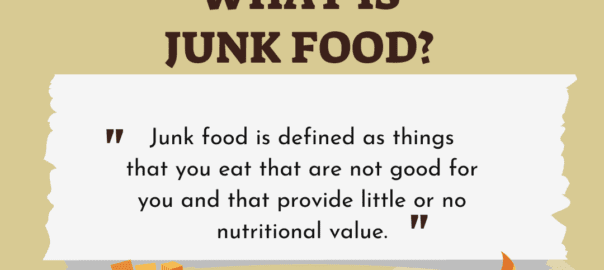Reading Time: 4 minutes

Losing weight is a journey, one with many highs and lows. At times, the process will leave you feeling accomplished and proud. But other times, you may feel frustrated, like you’re doing everything right but not seeing results.
While it is normal to experience stalls along the way, there are things you may be doing that are hindering your progress. Here are 10 things to stop doing if you want to be successful in your weight loss journey.
1. Stop focusing on the scale.
Yes, the scale is a necessary tool to measure weight loss, but it is not the only measurement of weight loss. In a single day, your weight can fluctuate three or four pounds due to factors like hormonal changes, undigested food and fluid retention. Don’t get too hung up on this number. Take regular measurements with a tape measure to track inches lost in your arms, chest, belly, hips and thighs. Pay attention to how your clothes feel. You may notice your clothes fit looser around the waist even if the number on the scale hasn’t changed. Take monthly photos to help you see your progress when the scale might be discouraging.2. Stop eating too little.
A calorie deficit is the foundation of weight loss, but if you decrease your caloric intake too much, you could hinder your results. Very low calorie diets can slow metabolism and lead to muscle loss, making it harder to lose weight. How many calories you need to eat on daily basis varies from one person to the next. Talk to a nutritionist to help you develop an effective weight loss diet based on what your body needs. Pay attention to macros and be sure you’re getting the right balance of protein, fat and carbohydrates.3. Stop eating too frequently.
On the flip side, if you’re following the outdated advice to eat frequent meals throughout the day, you could be adding a significant number of calories to your daily diet. Instead, learn to recognize true hunger and eat only when you are hungry. Feeling “snacky” between meals? Drink a large glass of ice water to satisfy you instead.4. Stop buying “diet” foods.
Packaging can be so deceiving. Some foods labeled as weight loss friendly foods, such as a “health” food, “diet” food or “low-fat” food aren’t actually helpful if you’re trying to lose weight. Many of these so-called weight loss friendly foods have added sugar to improve taste and may actually lead to weight gain. To lose weight naturally, stick to real, whole foods such as fresh fruits, vegetables, lean meats, nuts and seeds and avoid pre-packaged foods whenever possible.5. Stop ignoring portion sizes.
Measure your foods, or your calorie estimates will likely be off. Studies have shown that people who report consuming a certain number of calories in a day could actually be eating as much as twice as many calories! Portion sizes matter, so read the nutrition facts on every label and measure your foods accordingly. Keep a food journal where you can make note of every bite and drink you take during the day to help accurately track your calorie intake.6. Stop skipping out on the gym.
Just like you need to eat the right foods to lose weight, physical activity is also key to weight loss. Any time you are losing weight, you will inevitably lose muscle mass as well. But it is this lean muscle mass that helps your body keep burning calories throughout the day. A mix of cardiovascular/aerobic exercise and strength training is essential. Invest in a personal trainer who can help you get started on the right fitness plan for maximum weight loss.7. Stop over-exercising.
It’s all about balance. Over-exercising can be just as detrimental to your weight loss as not exercising at all. Excessive exercise is simply unsustainable, and may increase stress levels and impair production of hormones that regulate stress. Stress left unchecked can lead to overeating, which will prevent you from reaching your weight loss goals. Again, working with a trainer—even for a few sessions—can help you develop a healthy exercise plan for your weight loss goals.8. Stop overestimating calories burned during exercise.
Yes, exercise does somewhat increase your metabolic weight, but be careful not to overestimate just how many calories you burn during a workout. For example, if you estimate that you’ve burned 600-800 calories, when your actual calorie burn is in the 200-300 range, you may be more likely to overeat after your workout.9. Stop limiting your protein intake.
Whether intentional or not, many people who are trying to lose weight simply aren’t eating enough protein. Eating foods that are rich in protein will reduce your appetite, increase satiety, increase metabolic rate and help prevent loss of muscle mass from exercise. People who consume more protein eat fewer calories overall, and a high-protein diet can benefit body composition. Make sure every meal includes at least one high-protein source.10. Stop going at it alone.
Surrounding yourself with support is absolutely key to your long-term success. Studies show that people who diet and exercise with a partner lose significantly more weight than those who do it alone. And supervised weight loss programs are more effective than any individual, self-help strategy. When you know someone is counting on you to show up to the gym, you’re more likely to get out of bed when that early alarm sounds. The accountability of others can be one of your top motivators. Likewise, participating in a weight loss support group can help you tackle some of the emotional and psychological issues that may be hindering your weight loss. Are you ready to lose weight for good? Contact your First Baptist Medical Center weight loss doctor today to learn more about surgical and non-surgical weight loss options that will work best for your lifestyle and goals.






